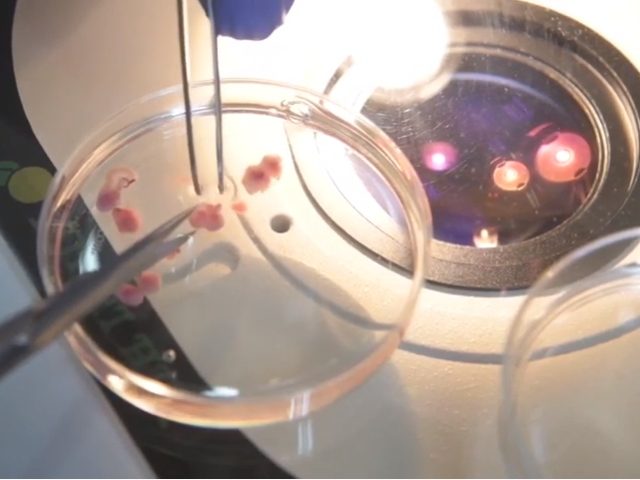In a major breakthrough, Israeli scientists have grown mouse embryos in artificial wombs and have said humans could be next.
In a study published in the journal Nature, stem cell biologist of the Weizmann Institute of Science Dr. Jacob Hanna described growing the embryos into fetuses until day ten – about half the gestational term for mice. About 1,000 embryos have gestated thus far.
“We have grown hundreds of mice in this way, in a method that has taken seven years to develop, and I’m still captivated every time I see it,” Hanna told The Times of Israel.
“This could be relevant to other mammals including humans, though we acknowledge that there are ethical issues related to growing humans outside the body,” he said.
According to Hanna, the development will answer fundamental questions about the earliest stages of organ formation and advance medical breakthroughs, and may allow scientists to understand why miscarriages happen.
Hanna invested seven years into developing a two-part “womb” using incubators, nutrients and a ventilation system.
The mouse embryos, floating in nutrient-rich liquid in glass jars, died after they grew too large to absorb the oxygen. The next step is to create an artificial bloody supply to attach to the placenta, Hanna said.

COMMENTS
Please let us know if you're having issues with commenting.